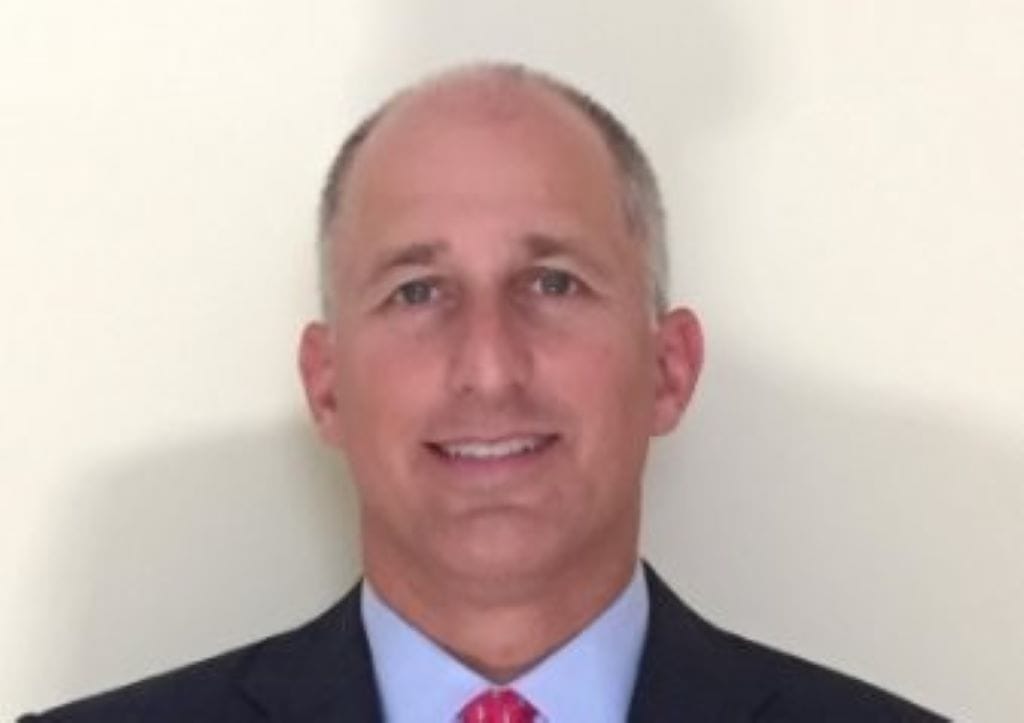FCC’s Proposed Rules on Robotexts Will Limit Wireless Providers’ Effectiveness: Industry
The ruling would prevent providers from accessing emergency and government services, they say.
Teralyn Whipple

WASHINGTON, August 18, 2023 – Commenters argue that proposed Federal Communications Commission rules that seek to provide voice consumers more control over robocalls and robotexts would have harmful consequences by limiting their ability to communicate with service providers.
The FCC released a notice of proposed rulemaking in June that would strengthen the consumers’ ability to revoke consent to receive robocalls and robotexts. It would ensure consumers can easily revoke consent to receive robocalls, require that callers honor do-not –call requests within 24 hours and allow wireless consumers the option to stop robocalls and robotexts from their own wireless provider.
ACA International, a trade group for the debt collection industry, in conjunction with the Credit Union National Association recommended that the FCC codify reasonable limits on the methods of revocation of consent for robocalls and texts.
The law, as currently written, would “ensure that revocation of consent does not require the use of specific words or burdensome methods” and codify a 2015 ruling that consumers who have provided consent may revoke it through any reasonable means. ACA International and CUNA asked the FCC to acknowledge the realities of revocation processes.
“Automated processes cannot be programmed to recognize a virtually infinite combination of words and phrases that could reasonably be interpreted as a clear expression of consumers desire to stop further communications,” it said. The FCC should specify “reasonable means that callers can prescribe, such as a limited set of keyworks that are common synonyms of STOP, which is the universally recognized method to prevent further text messages.”
Cable industry wants guidance on ‘reasonable methods’
Steven Morris, vice president at NCTA, the Internet and Television Association, added his support that the FCC should provide additional guidance on what it defines as “reasonable methods” of revoking consent and allow callers 72 hours to process opt-out requests. It also suggested that the FCC adopt its proposal to permit one-time texts seeking clarification on the scope of an opt-out request.
“The FCC’s proposal that consumers be able to revoke consent using ‘any telephone number or email address at which the consumer can reasonably expect to reach the caller’ would also be incredibly complex and likely impossible to effectively administer,” NCTA said.
Wireless trade association CTIA’s manager of regulatory Affairs Courtney Tolerico said in comments that the proposal severely limits providers ability to send important, service-related communications to subscribers and incentives providers to apply opt-outs unnecessarily broadly, further limiting these beneficial communications and “downgrading the wireless customer experience.”
It claimed that “even if the FCC had such authority, doing so in the absence of demonstrated consumer harm would be arbitrary and capricious,” saying that the agency does not have reason to enforce laws that would hamper wireless carrier’s ability to serve customers.
Verizon’s general counsel, Christopher Oatway, expressed the same sentiment, claiming that the FCC “provides no basis to conclude that wireless carriers are abusing their subscribers with unwanted calls or texts.”
The proposal would “undermine the unique relationship between providers and their customer for wireless service, which today is crucial to Americans’ ability both to conduct their everyday lives as well as to access emergency services and government benefits,” said Verizon. It referred to federal programs like lifeline and ACP that promote connectivity, claiming that its communications with its own customers educates on federal benefit programs.
‘No incentive’ for abuse by wireless providers, says AT&T
Gregory Romano, vice president and deputy general counsel at AT&T added that “there is no incentive for wireless providers to abuse the current wireless carrier exception,” referring to wireless carriers’ ability to contact their own customers. “The marketplace for consumer wireless service is highly competitive. Wireless providers do not want to annoy their customers with too many messages, or the provider is at risk of losing the customer to a competitor, which is clearly not in the provider’s interest.”
In June, commenters pushed back against FCC proposed rules that would require mobile wireless providers to ban marketers from contacting a consumer multiple times based on one consent, claiming it will harm legitimate communications.
Proposed rules are in response to the rising number of telemarketing and robocalls, sated the notice of proposed rulemaking.








